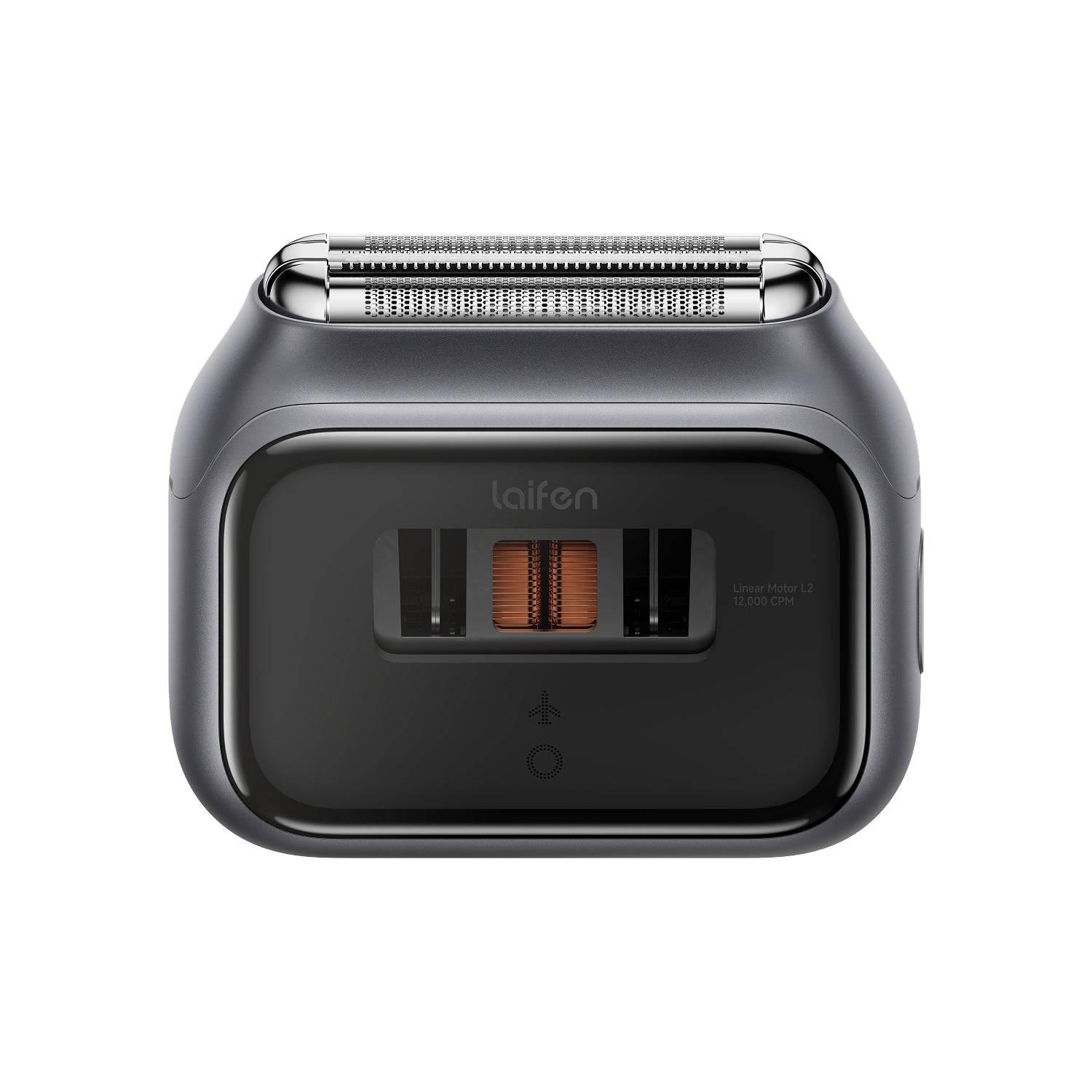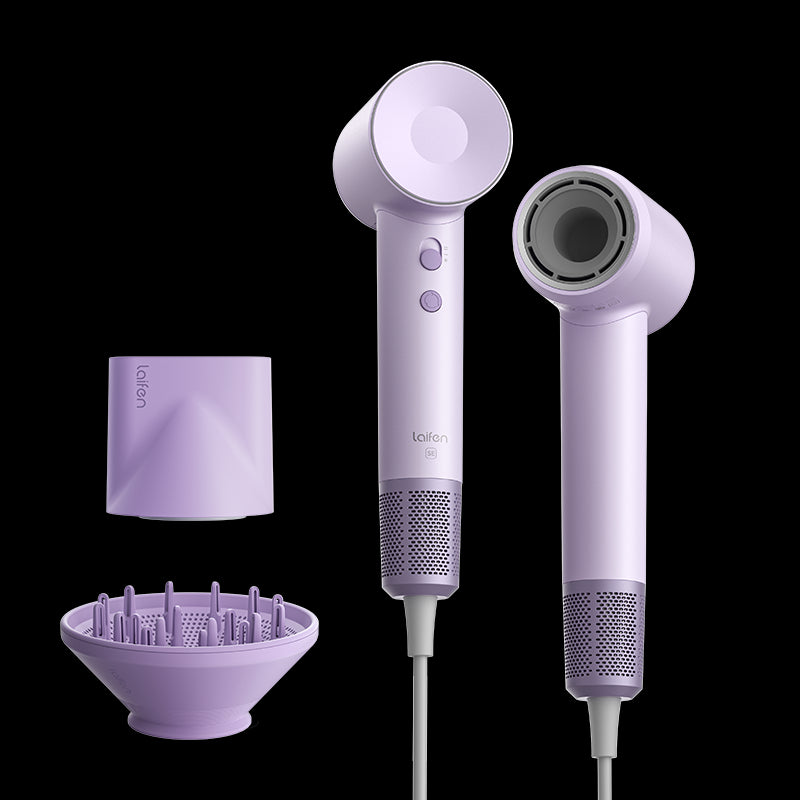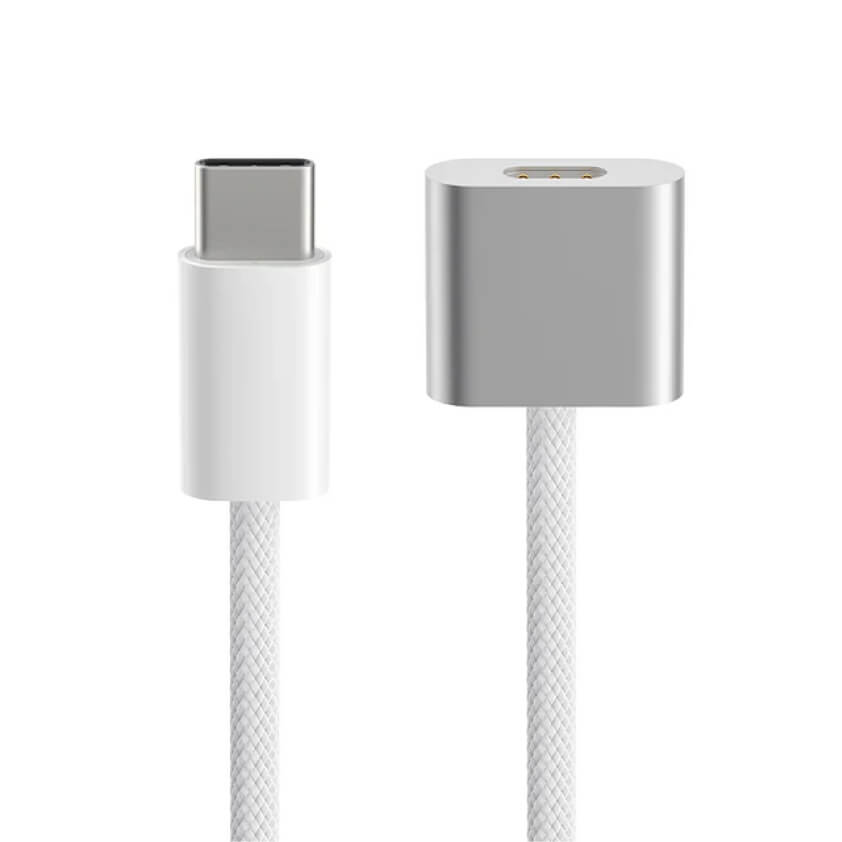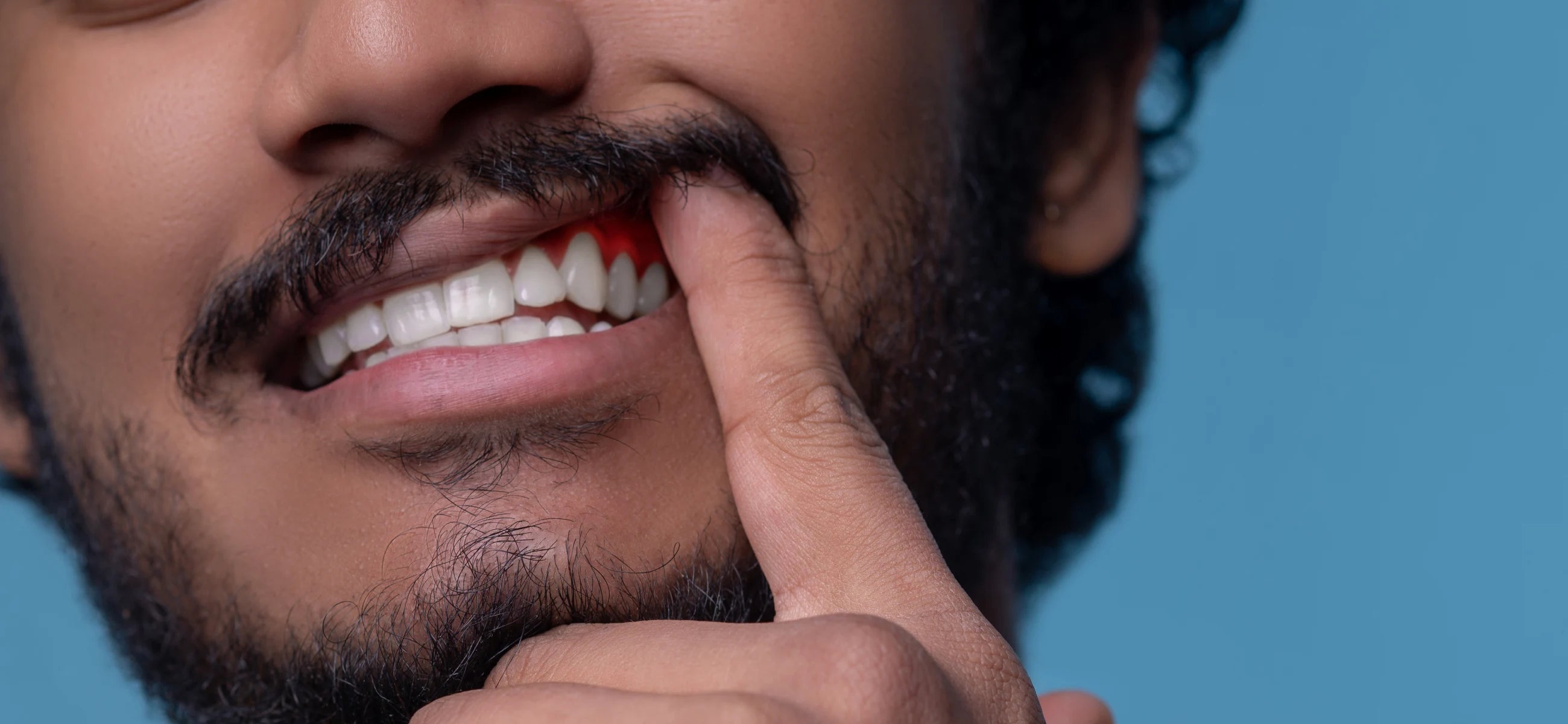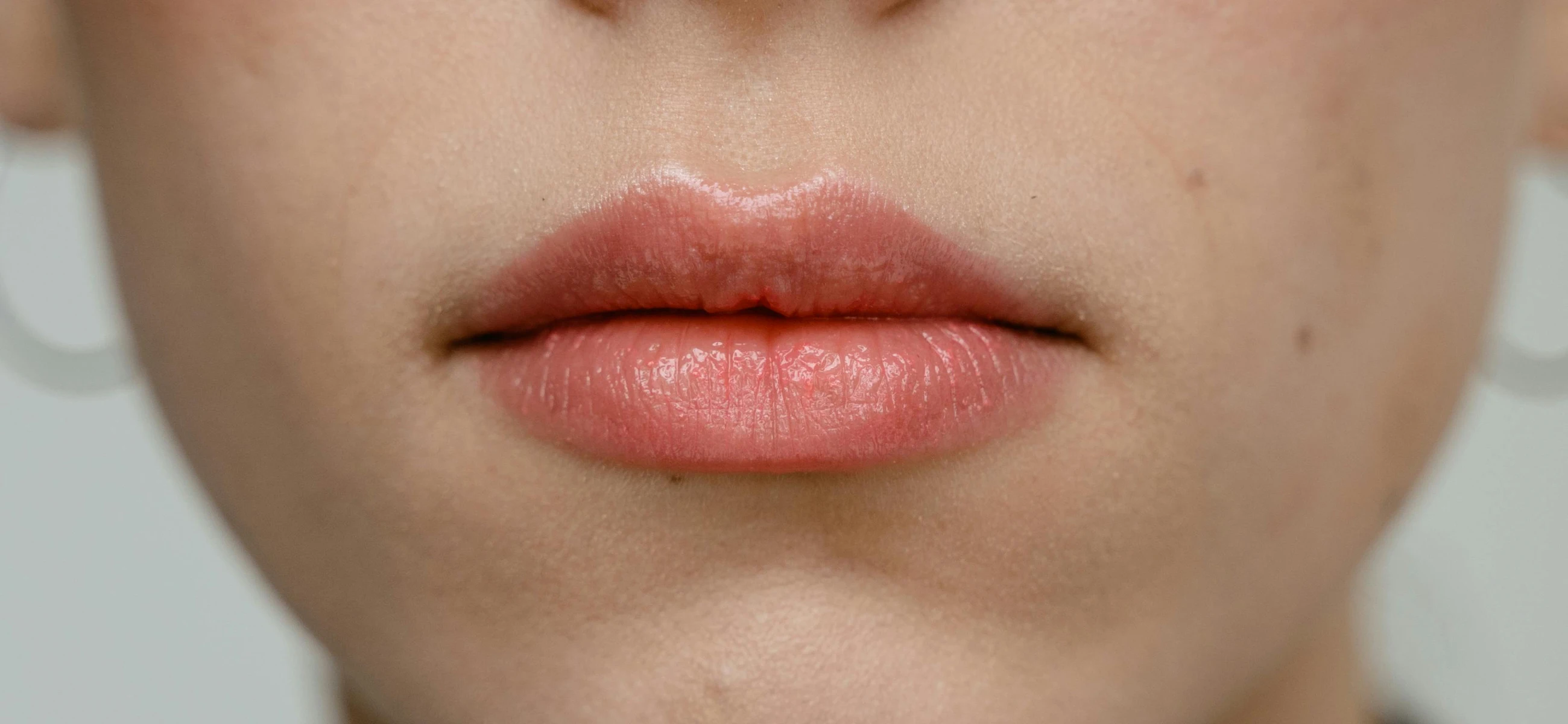
In this article
Cold sores (fever blisters) can be painful when they appear on your mouth or lips. They are also unsightly and can affect your confidence, particularly if you get them regularly.
But the good news is that they're not overly serious and can be easily treated with some simple solutions. Join us as we look more closely at what fever blisters are, what causes them, and how you can treat them to make them disappear as quickly as possible.
[See also: Cold sore vs. pimple on lip]
[See also: Canker sore vs. cold sore]
Cold sore symptoms
If you notice a sore on your lips or at the corner of your mouth, it's worth thinking about what it could be so you can treat it properly. Here are some of the main symptoms attached to fever blisters, also known as cold sores:
-
A burning sensation on your lips or mouth.
-
Pain when swallowing and a sore throat.
-
A fever (sometimes).
-
Swollen glands.
-
Headache.
-
Dry mouth.
Though you might experience one or several of the above symptoms, the easiest way to determine if you have a sore is to look in the mirror. They are fairly distinctive and appear as fluid-filled blisters on the outside of your mouth.
Don't confuse them for canker sores, which are painful blisters that can appear within your mouth, often under your lips or on the inside of your cheeks.
Understanding the difference between the two ensures that you can seek the right condition for the relevant sore.
What causes cold sores?
How do you get cold sores? Cold sores are a direct result of the herpes simplex virus. Some people contract the virus from family members or friends, while others may get it due to a poor immune system.
Though the virus is the sole cause of these sores, being out in cold weather and going through a stressful event can exacerbate sores and may even make them more likely to reappear.
The good news is that when fever blisters appear, they usually go away on their own and don't last for more than 1-2 weeks.
In most instances, the sores don't negatively impact your quality of life, other than causing painful or uncomfortable blisters to temporarily appear on your lips or mouth.
You can easily diagnose sores yourself, but if you're not sure of the type of blister that has appeared on your mouth, you can schedule a consultation with your doctor for a second opinion.
Treatment options and cold sore self-care
Treating fever blisters is easy and there are a few options available to you. Topical treatments like Acyclovir are popular and widely available, and you can apply the ointment to the blister each day.
Alternatively, your doctor might recommend antiviral oral medication, such as Famciclovir to help with the healing process. The prescription depends on the severity of your sore and how long it has been there for.
Some people turn to simple over-the-counter anti-inflammatory gels, which can also work. We recommend consulting a pharmacist for an over-the-counter ointment that is well suited to fever blisters, as there are lots of options available.
As for self-care, there are a few things you can do to try and prevent these sores from developing, such as:
-
Avoid direct contact with people who have a fever blister, as they are very contagious. If a family member has one, avoid kissing, sharing cups, or sharing towels, as the infection can easily spread from person to person.
-
Consider the triggers of these sores. As mentioned, while cold sores are triggered by the presence of the herpes simplex virus, they can be exacerbated by cold weather or the sun. So, wearing vaseline when it's cold and sunscreen when it's hot can reduce your chances of getting fever blisters.
-
As soon as you notice a sore, seek treatment. Medicines typically work best on fever blisters when applied within the first 3-4 days. We recommend getting started as soon as you can for the best results.
How long do cold sores last?
In most cases, fever blisters don't last for more than 2 weeks. In rare cases, they might be present for up to 3 weeks, but they should reduce in severity in that time.
For many people, they clear up within 5-10 days, but they will disappear more quickly if you ask a doctor to prescribe a specific medication.
If your sores continue returning over a long period of time, we recommend booking a consultation with your doctor to get to the root cause of the problem.
Final words
Though fever blisters are common and are not overly serious, they are unsightly and can cause discomfort and minor pain when they appear on your lips or mouth.
Our best advice is to avoid situations where you might contract the virus that causes fever blisters, so avoid contact with family members with cold sores and keep your distance.
Thankfully, there are several medications and over-the-counter ointments you can turn to for treatment, so reach out to a doctor or pharmacist to decide on the best course of action.
FAQ
Q1: Are cold sores always herpes?
Fever blisters are always caused by the herpes simplex virus 1 (HSV-1). However, it is the herpes simplex virus 2 (HSV-2) that causes genital herpes.
Q2: Are cold sores contagious?
Yes, they are very contagious. If you develop one, make sure you avoid contact with your family members and friends to avoid spreading it.
Q3: What kills cold sores instantly?
Unfortunately, there isn't an instant cure. Your best option is to use topical treatments in the first few days of developing a fever blister, as this helps to clear up the infection as quickly as possible.

